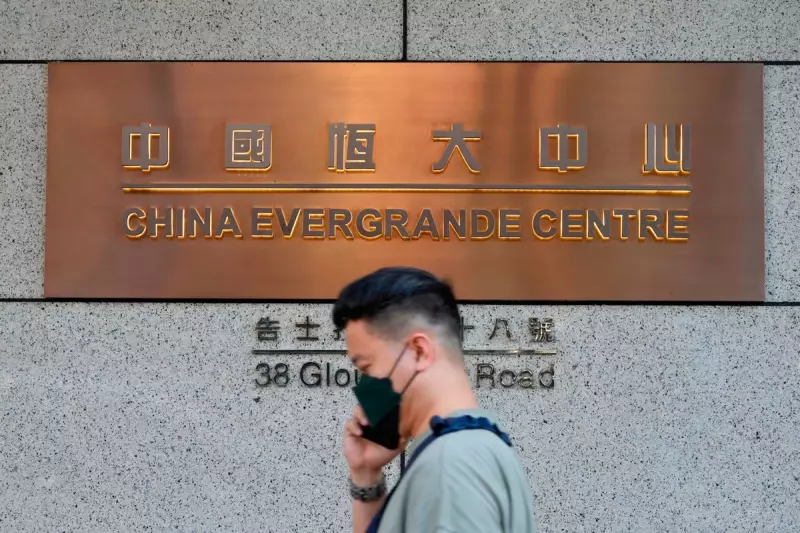
In a landmark ruling that sends shockwaves through global financial markets, a Hong Kong court has officially ordered the liquidation of the deeply indebted property behemoth, China Evergrande Group. This decision marks a critical juncture in a crisis that has been simmering for over two years and poses a severe threat to the stability of the world's second-largest economy.
The presiding judge, Linda Chan, stated that "it is time for the court to say enough is enough" after the struggling property developer repeatedly failed to present a concrete restructuring plan to its international creditors. This move plunges the future of the company, which boasts an astonishing $300bn (£236bn) in liabilities, into profound uncertainty.
The Domino Effect on a Fragile Market
Evergrande's collapse is not an isolated incident but a symptom of a much broader contagion gripping China's colossal property sector. For decades, this industry has been a primary engine of the country's remarkable economic growth. The potential unravelling of this key sector now threatens to unleash a tidal wave of unemployment, cripple the finances of local governments reliant on land sales, and devastate the life savings of millions of ordinary Chinese citizens who invested their wealth in property.
The court's decision immediately triggered a fresh sell-off in the company's shares, which were suspended from trading in Hong Kong. The repercussions are expected to ripple far beyond Evergrande's immediate stakeholders, impacting homebuyers, construction firms, and domestic banks with significant exposure to the faltering property market.
A Long and Winding Road to Collapse
Evergrande's descent into chaos began in 2021 when it officially defaulted on its astronomical debt. Since then, its chairman, Hui Ka Yan, has faced intense scrutiny from Chinese authorities and was even detained on suspicion of "illegal crimes". The company's attempt at a last-minute restructuring proposal was dismissed by the judge as a "blind proposal without any details", sealing its fate.
The immediate focus now shifts to the complex and likely protracted process of liquidating the company's extensive assets, most of which are located within mainland China. This presents a significant legal challenge, as it remains unclear how the Hong Kong liquidation order will be recognised and enforced by courts on the mainland, where the company's core operations are based.
This event serves as a stark warning and a potential catalyst for a wider reckoning within China's over-leveraged and overbuilt property industry, with profound implications for the global economic landscape.





